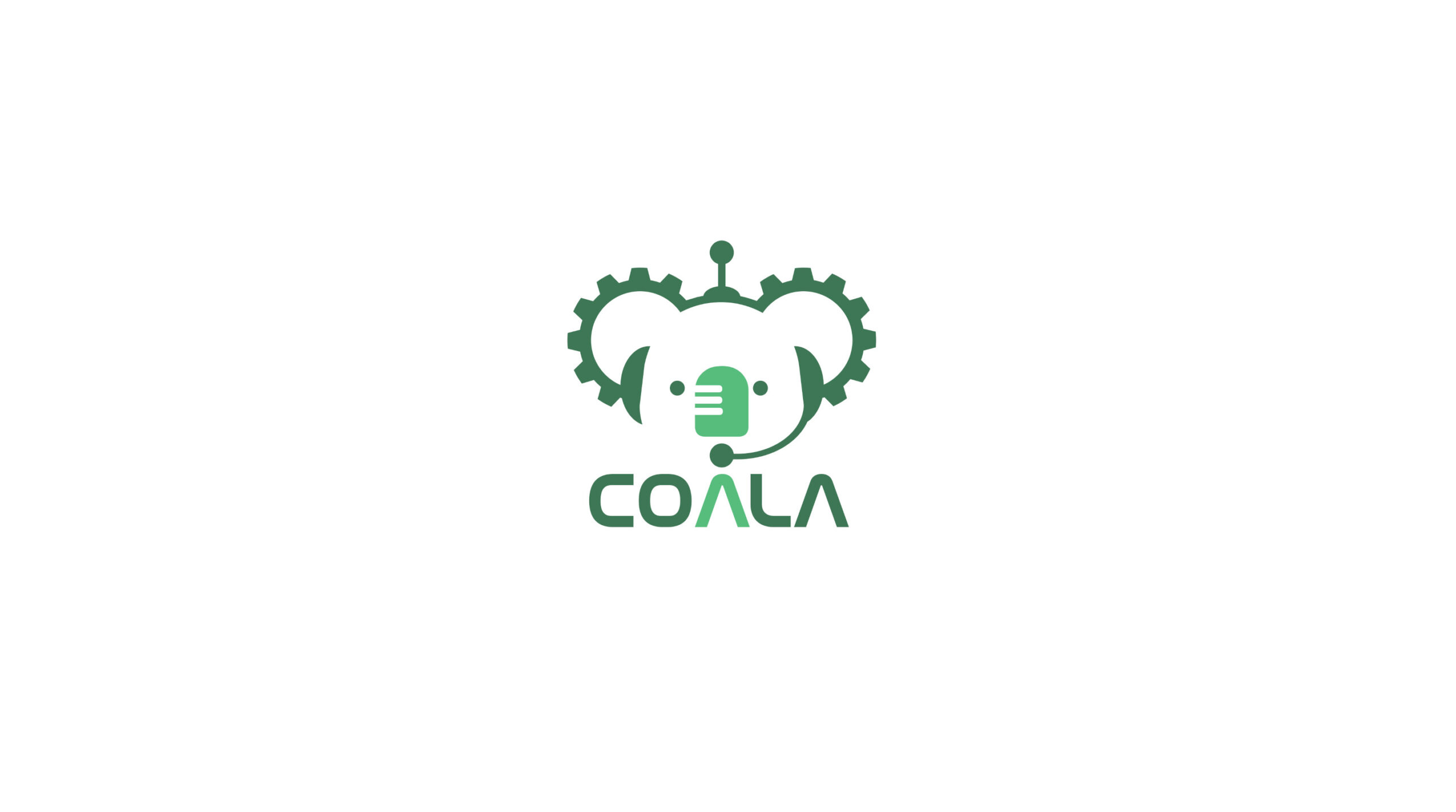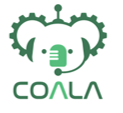What are you looking for?

COALA

The EU-funded COALA project aims to develop a “Human-centered” Digital Assistant based on
Artificial Intelligence that provides proactive and pragmatic support for manufacturing operations.
The core of the project is the open-source voice assistant Mycroft, with particular attention to
privacy. Europe is currently experiencing a shortage of skilled workers in various production
sectors. This solution involves the use of Artificial Intelligence components and a voice interface
that interacts with humans through a natural language, which assists both experienced workers
who need analytical tools for their tasks, both new operators under training.
COALA will demonstrate its potential in three complex production scenarios of Industry 4.0, but
characterized by different peculiarities; they include textiles, white goods production and
packaging for detergents. One of the main challenges in the luxury textile and fashion industry is
the shortage of skilled workforce that can produce high-quality and high-value fabrics in an
extremely competitive market. The presence of defects often results in re-processing costs or in
products delivered to customers and sold at a discount or as second choice. In addition, the
training of new workers can take time and cost for companies, in some cases prohibitive.
To address these challenges, the COALA project in the textile sector focuses on two main
scenarios:
The first scenario, led by Città Studi, focuses on developing an educational concept for
professional textile workers. COALA’s educational concept aims to help the new generation of
textile workers develop their skills in working with systems based on artificial intelligence.
The second scenario aims to reduce the time and cost of training of operators through the support
of the Digital Intelligent Assistant (DIA). The workers focused in this scenario are machine
operators, who use their skills and knowledge to prepare and supervise machine operations under
strict control of product quality.
The COALA solution will allow machine operators to request advice, explanations and other
information via the digital assistant running on a mobile device. Moreover, it is expected that this
solution will allow textile companies to effectively employ the less skilled workers, whose training
would otherwise be too expensive; this will increase the supply of potential labour. The AI-focused
training concept, and its learning materials, will be used to educate machine operators about
opportunities, challenges (such as reliability, accuracy and accountability of AI decisions) and risks
(for example data security, ethical issues and information quality) when collaborating with AI,
which will enable educational structures and companies to better prepare their workforce for
human-AI collaboration. Through the improvement of the training and the quality of the job,
supported from COALA, we expect a reduction of the defects due to human errors, therefore a
reduction of the costs of poor quality, as well as a reduction in the time needed for the work
training of newly allocated workers in a knowledge-intensive production process.
OBJECTIVES:
Reduce the number of quality incidents in production.
- Reduce the time needed for workers’ training in production.
- Overcome barriers and reduce skepticism about the use of a vocal DIA in production
environments. - Improve workers’ skills in managing AI opportunities, challenges and risks at the work.
Business and operator benefits:
- The digital assistant, interacting with a natural language, will take charge of supporting
stressful, time consuming and repetitive tasks, allowing man to focus on understanding
and solving problems in complex situations.
- COALA will develop a dedicated training to prepare people for the use of AI in
manufacturing, understand their risks and limitations, and build collaborative skills in
human-AI interaction at work. - The solution will optimize the way workers operate and allow companies to improve
production processes and product quality. - The solution will be validated with use cases also in the world of textile manufacturing.
PARTNERS:
1 BIBA – Bremer Institut für Produktion und Logistik GmbH – Germany
2 Technische Universiteit Delft – NL
3 ICCS – Institute of Communication and Computer Systems – EL
5 Città Studi S.p.A. – Italy
6 Fratelli Piacenza S.p.A. – Italy
7 Whirlpool EMEA S.p.A – Italy
8 Diversey B.V. – Netherlands
9 i-Deal S.R.L. – Italy
10 Gioumpitek Meleti Schediasmos Ylopoiisi Kai Polisi Ergon Pliroforikis Etaireia Periorismenis Efthynis – Greece
11 Holonix S.R.L. – Italy
12 Mews Partners – France
13 University of Bremen – Institut Technik und Bildung – Germany
14 STAM SRL – Italy
Check the project website HERE.